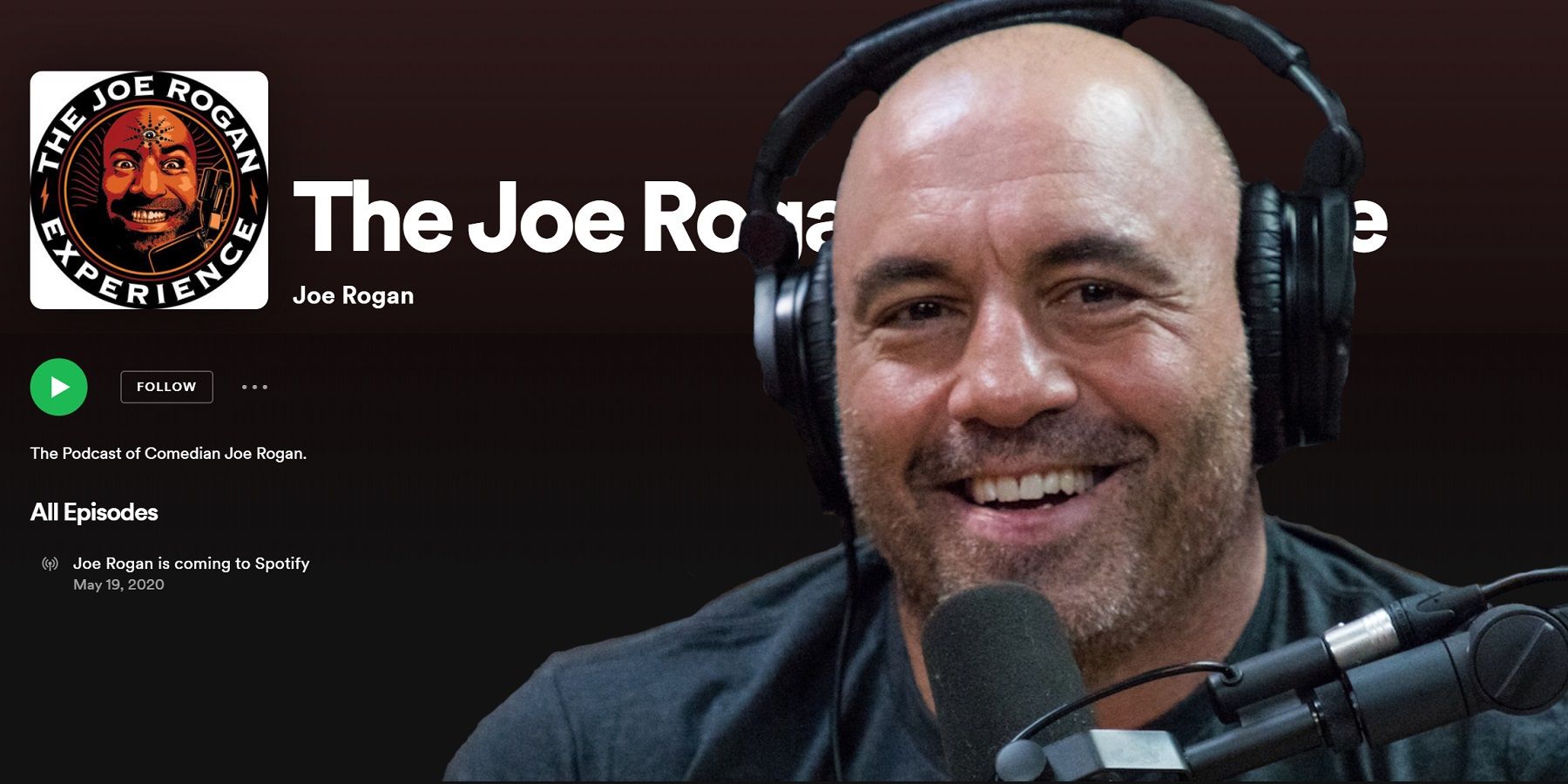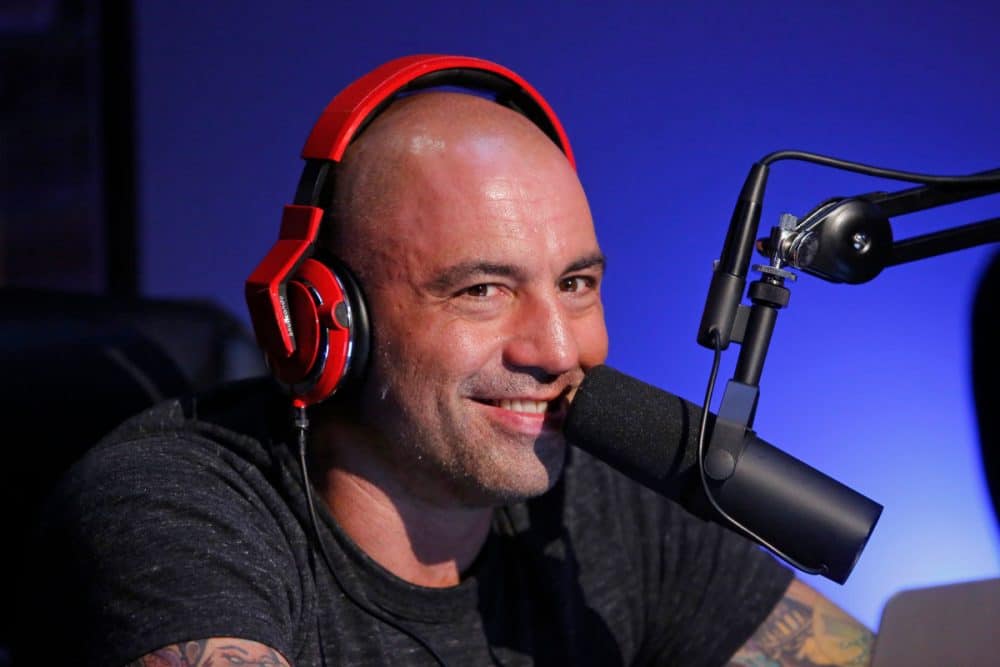


Malone falsely claimed millions of people were “hypnotized” to believe certain facts about COVID-19, and that people standing in line to get tested as the omicron variant has driven record new cases of the virus was an example of “mass formation psychosis,” a phenomenon that does not exist. The December episode attracted attention in part because Dr. Rogan has repeatedly spread vaccine misinformation and discouraged vaccine use. Elizabeth wrote a trio of columns on Medium addressing the issues raised by the Rogan controversy and the Substack statements.More than 260 doctors, nurses, scientists, health professionals and others have signed an open letter calling on the streaming media platform Spotify to “implement a misinformation policy” in the wake of controversy over podcaster Joe Rogan’s promotion of an anti-vaccine rally with discredited scientist Robert Malone in an episode published on December 31st. She is also the former editor in chief of The New York Observer and was the founding editor of Gawker. Elizabeth Spiers is a writer, NYU journalism school professor, political commentator, and digital strategist.

Bridget wrote a great piece for The Nation, titled It’s Not Just Joe Rogan. Bridget Todd is the creator and host of the award-winning technology and culture podcast There Are No Girls on the Internet and communications director for UltraViolet, a gender justice advocacy organization working to build a feminist Internet.To talk more about these issues of speech, editorial intervention, content moderation, and implications for democracy, I invited two expert commentators, Bridget Todd and Elizabeth Spiers, to the Tech Policy Press podcast. The past couple of months has seen controversies over misinformation, anti-vaccine and racist material, and how best to moderate content on online publishing platforms such as Spotify and Substack.


 0 kommentar(er)
0 kommentar(er)
